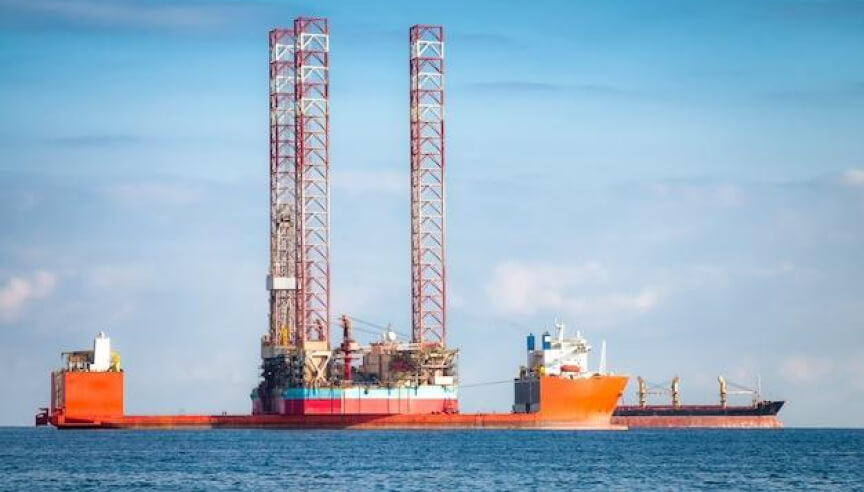Recent Posts
MGPS Systems for Seawater Disinfection

Harnessing Innovation: MGPS Systems for Seawater Disinfection on Offshore Oil Platforms and Industrial Facilities
In the vast expanses of the ocean, offshore oil platforms and industrial facilities stand as testaments to human ingenuity and engineering prowess. Amidst the challenges of operating in harsh marine environments, ensuring reliable and efficient cooling systems is paramount for the safety and productivity of these installations. Enter Marine Growth Prevention Systems (MGPS), revolutionizing the disinfection of seawater for cooling purposes on offshore oil platforms and industrial facilities. This article delves into the transformative role of MGPS systems in enhancing operational efficiency, mitigating risks, and promoting environmental sustainability in offshore operations.
The Need for Seawater Disinfection
Seawater serves as a primary cooling medium for various industrial processes on offshore oil platforms and industrial facilities. However, the natural abundance of marine microorganisms in seawater poses a significant challenge. Without proper disinfection, these organisms can proliferate within cooling systems, leading to biofouling, corrosion, and compromised equipment performance. Moreover, the buildup of marine growth can impede heat transfer efficiency, resulting in decreased operational efficiency and increased maintenance costs.
Enter MGPS Systems
MGPS systems offer a comprehensive solution to the challenges associated with seawater cooling on offshore installations. By utilizing advanced Electrochlorination technology, these systems effectively disinfect seawater, preventing the formation of biofilms, algae, and other marine organisms within cooling systems. The key components and functionalities of MGPS systems include:
- Electrochlorination Unit:
This unit generates chlorine-based biocides from seawater through electrolysis, providing continuous disinfection of seawater within the cooling system. - Monitoring and Control Systems:
MGPS systems are equipped with sophisticated monitoring and control mechanisms to ensure optimal dosing of biocides, maintain disinfection efficacy, and minimize environmental impact. - Closed-loop Design:
The closed-loop design of MGPS systems prevents the discharge of harmful chemicals into the marine environment, aligning with environmental regulations and sustainability objectives.
Advantages of MGPS Systems for Seawater Disinfection
- Enhanced Operational Efficiency:
By preventing biofouling and corrosion, MGPS systems optimize heat transfer efficiency and maintain the performance of cooling systems on offshore installations. This translates to improved operational efficiency, reduced downtime, and increased productivity for industrial processes.
- Cost Savings:
The proactive disinfection of seawater using MGPS systems minimizes the need for costly maintenance interventions, such as cleaning and repair of fouled equipment. Additionally, the elimination of chemical biocides reduces operational expenses associated with procurement, storage, and disposal.
- Environmental Sustainability:
MGPS systems offer a sustainable alternative to traditional chemical biocides for seawater disinfection. By utilizing seawater and salt as raw materials and avoiding the discharge of harmful chemicals into the environment, these systems minimize ecological impact and support the conservation of marine ecosystems.
Future Implications and Conclusion
As offshore oil platforms and industrial facilities navigate the evolving landscape of environmental regulations and operational challenges, MGPS systems emerge as indispensable assets for seawater disinfection. By harnessing the power of innovative technologies, such as Electrochlorination, these systems uphold environmental stewardship, enhance operational efficiency, and ensure the reliability of cooling systems in offshore operations. As the industry continues to embrace sustainable practices and technological advancements, the widespread adoption of MGPS systems promises a greener, more efficient future for offshore oil and industrial facilities worldwide.
